The 'girl who shone' and the killer who vanished
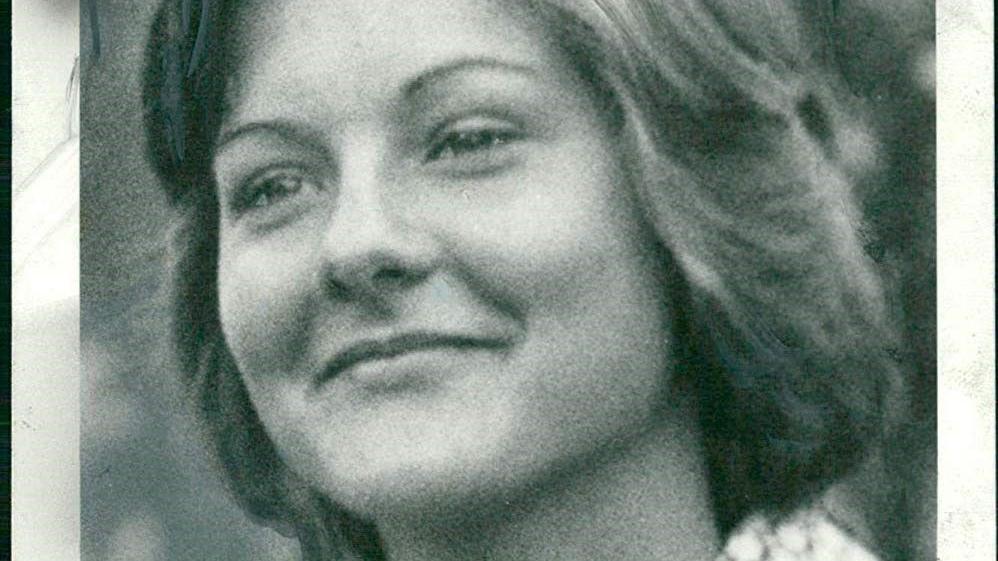
Lynne Weedon was 16 and walking home after celebrating her O-Level results when she was attacked
- Published
Lynne Weedon was 16 when she was found in the grounds of an electricity substation in Hounslow one morning, unconscious and fatally injured. She had been hit over the head with a blunt instrument, thrown over a fence, raped and discarded.
She died in hospital a week later.
Her killer has never been found.
On the night of 3 September 1975, Lynne, a popular and clever girl, had been walking home after celebrating her O-level results with school friends at a nearby pub.
The route to her house, on Lampton Avenue, included an alleyway that ran parallel to her school. It usually took her about a minute to pass through.
But that night she didn't come out.
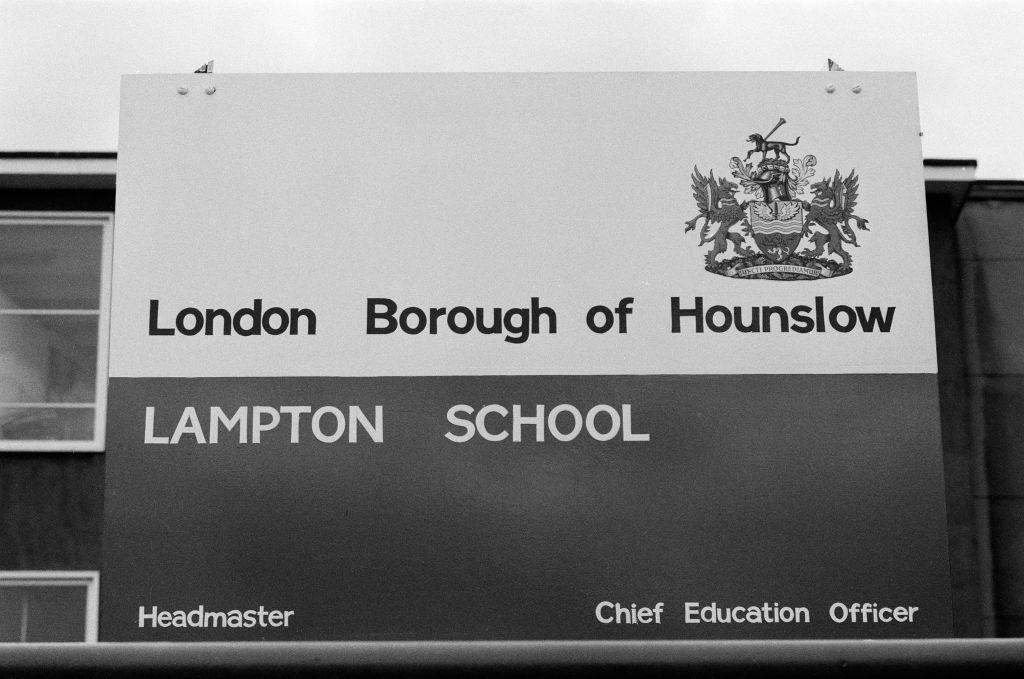
Lynne's home was near Lampton School, where she was popular and academic
Lynne's case was re-opened in 2004 and there was something of a breakthrough in 2006, when DNA traces on Lynne's clothing linked her to another murder - that of Playboy bunny Eve Stratford in March 1975, six months before Lynne was killed.
Derek Carruthers was a young PC on the murder squad at Leytonstone police station when he was the first officer on the scene of Ms Stratford's murder, describing it as "the most vicious type of injury I'd ever seen".
He retired from the Met Police two years later as a Detective Sergeant, and returned to his native Ireland.
Now 79, he has come to London to speak to me, because he believes it is so important to solve the two linked cases.
"In the '80s I became aware of the advances in DNA and wrote to the Met because I knew there was semen among the exhibits for Eve Stratford, and suggested that they have a look at it."
When the link was confirmed, he said he "realised there was a possible serial killer" and "as a consequence I've kept an interest in it".
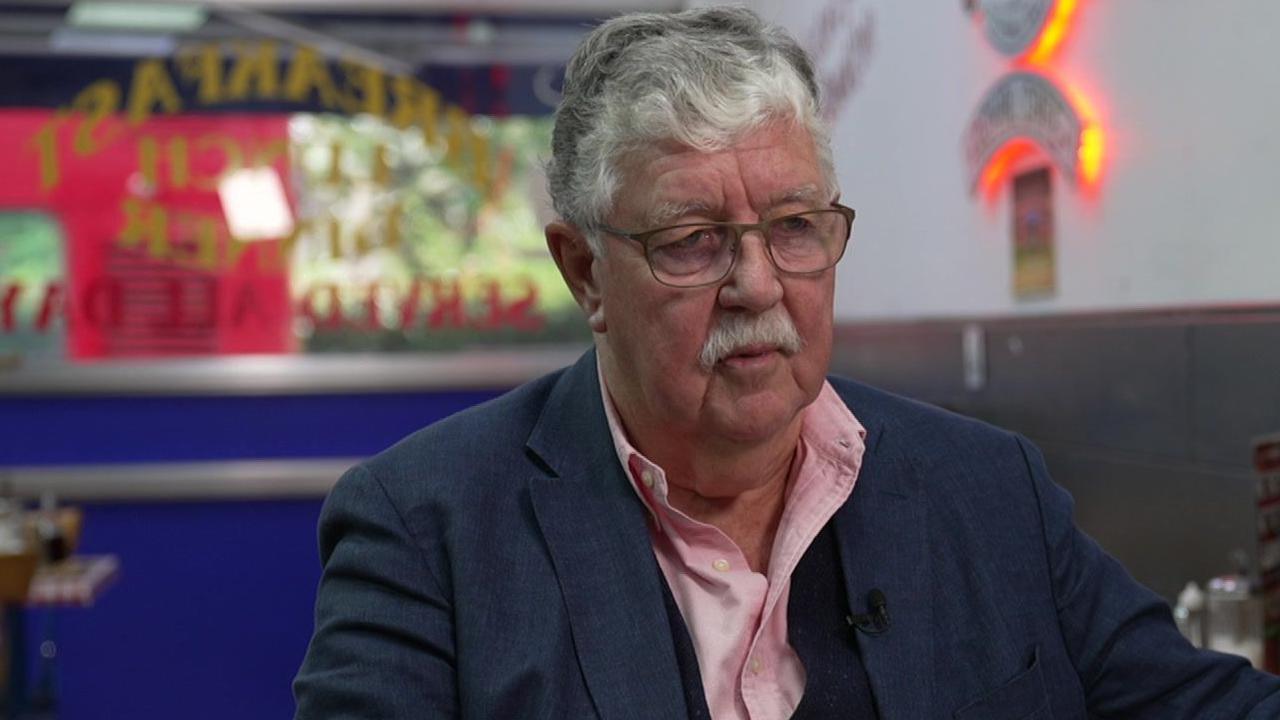
Derek Carruthers was a young PC on the murder squad at Leytonstone police station in 1975
Lynne was ambitious and talented. She planned to continue to study A-Levels, and dreamed of working as a translator for the European Parliament.
Vernon Grant, a retired TV producer, was also 16 and had just left school to work in a solicitor's office when Lynne died.
They were both part of a tight-knit group at Lampton School, although Mr Grant had not been at the pub on 3 September, deciding instead to stay in and watch a football match between England and Switzerland.
He found out what had happened the next day.
"I received a telephone call from another school pupil whose house and garden backed on to the alley. It was beyond belief.
"I found it frankly impossible to believe that anybody could've been attacked there in an alleyway we all used for school, and so close to Lynne's front door.
"She lived right next to our school, which was convenient for break times and gatherings.
"In 1975 in Hounslow, stranger murders just didn't happen, it was unheard of."

Vernon Grant was among Lynne's tight-knit group of schoolfriends
Mr Carruthers said the case, half a century on, remains on his mind: "You wonder what has happened in the last 50 years. Has [the killer] died, has he gone off the radar, has he moved away?
"I would hope that DNA would eventually answer that question."
Vernon Grant says that Lynne's murder still affects her friends 50 years on.
"We all felt for Lynne's parents greatly. But when a murder happens, sometimes other people, friends, get forgotten.
"The trickle-down effects of a murder go way beyond the immediate family.
"The effects, I believe, can last for decades."
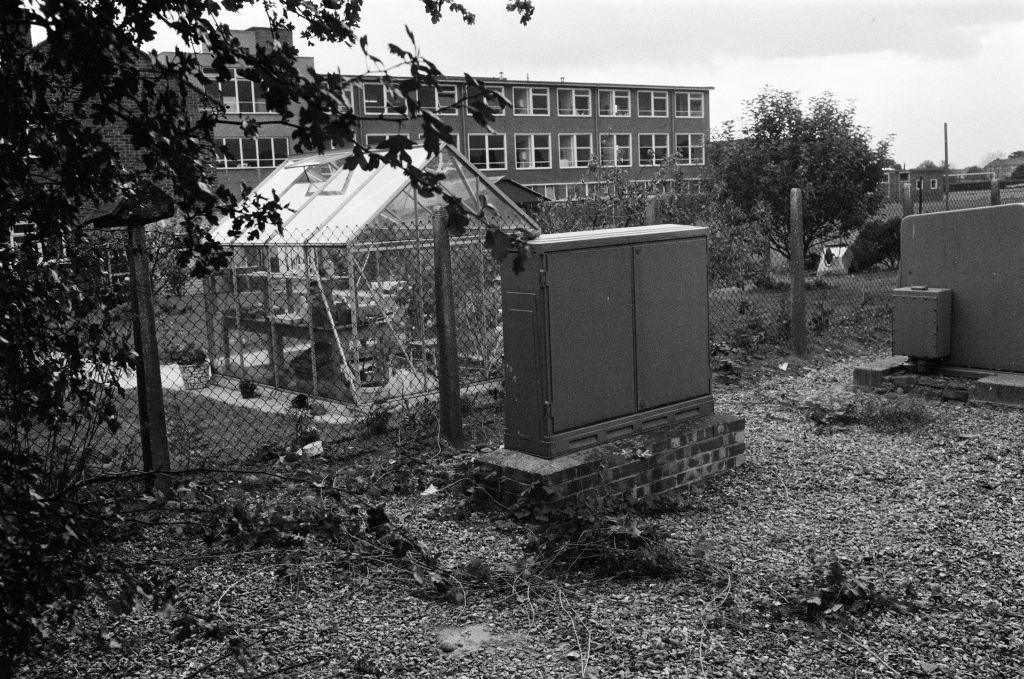
The electricity substation where Lynne was found unconscious by the school's caretaker
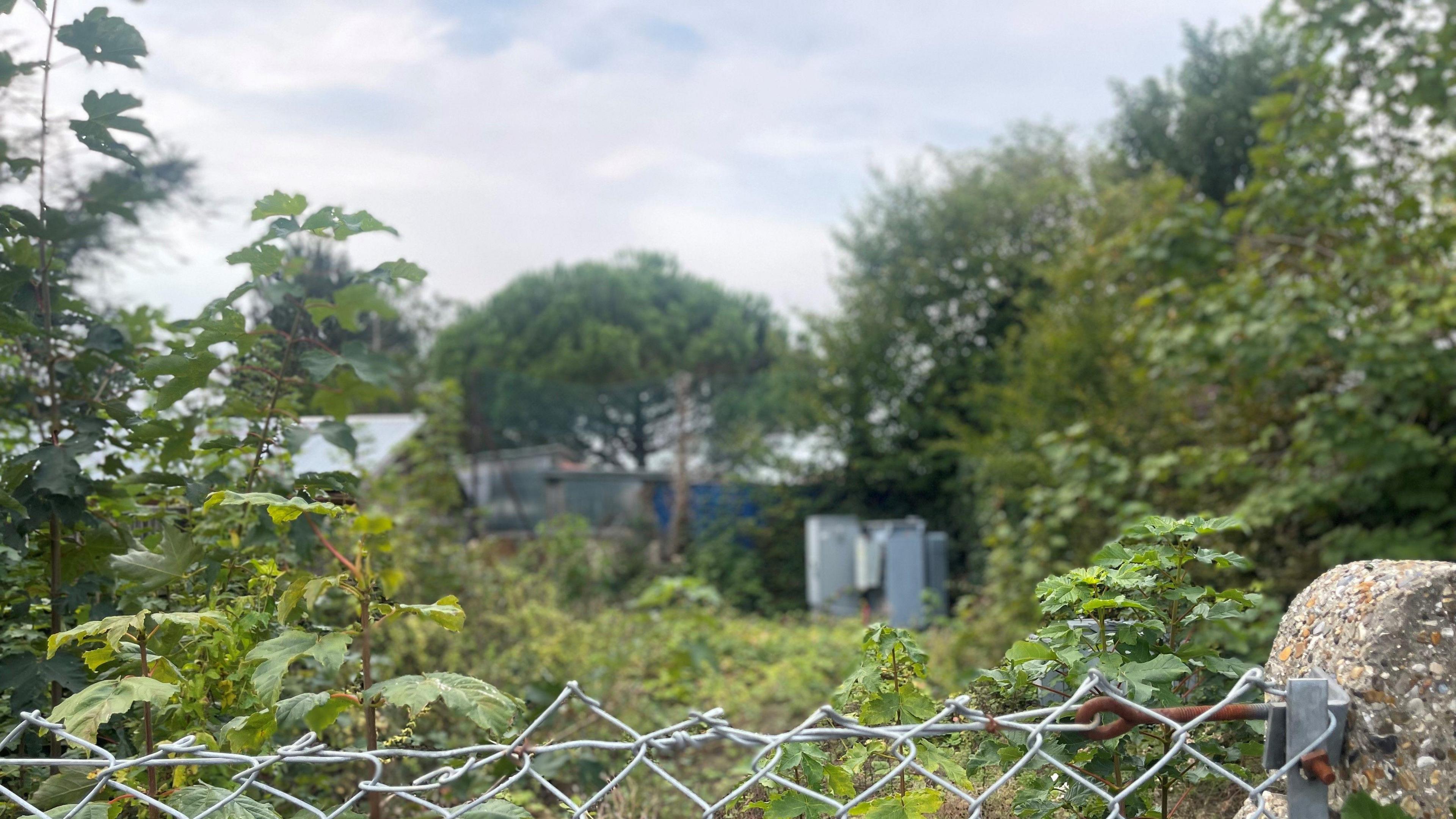
The substation today
The Metropolitan Police confirmed both cases are still live, but refused to say if there were more DNA links - or whether any other unsolved cases may be connected.
Det Ch Insp Ali Foxwell, of the Specialist Crime Command, said advances in technology enabled them to link Ms Stratford and Lynne's murders, but "it would be inappropriate to comment further on an ongoing investigation".
She said there is no evidence to link the murders to any other historic case, "but we retain an open mind".
Historic unsolved cases are subject to regular review to see if they can be advanced with the passage of time.
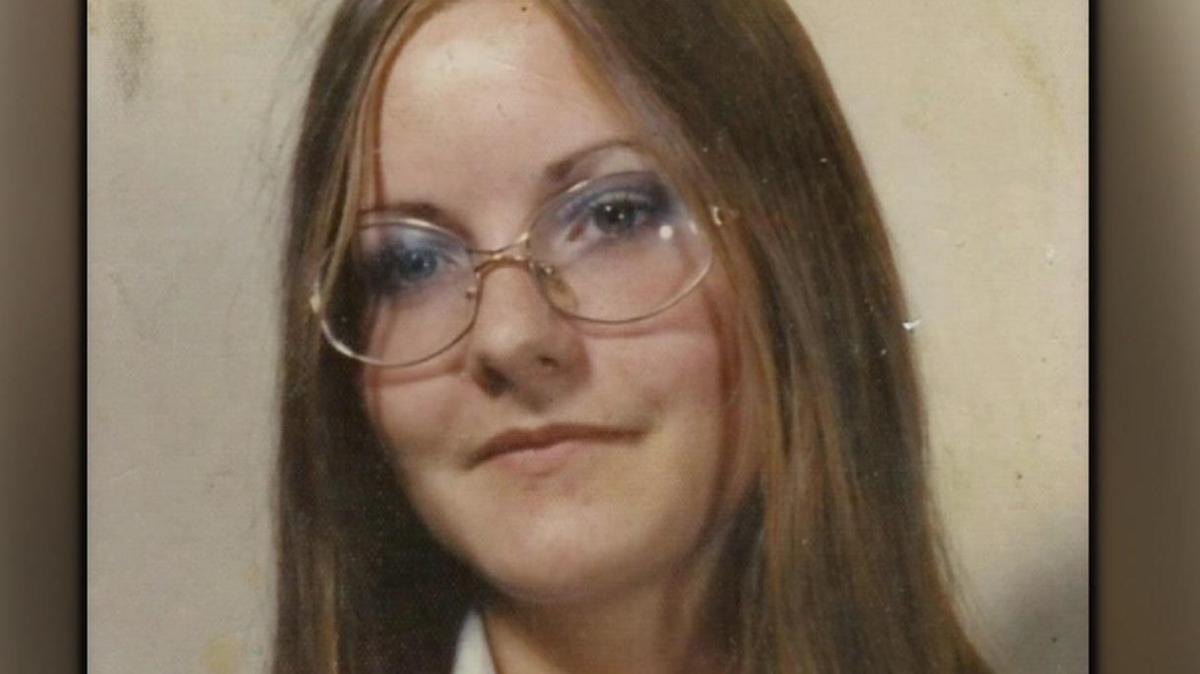
Lynne Weedon, who was good at languages, hoped to become a translator at the European Parliament
Mr Grant said his friend's murder "left a scar on us all. It affected everybody".
He remembered a well-liked girl, who was very good at sport, including athletics and tennis.
"She was the cleverest in our year, but very humble and modest with it. She had a particular gift with languages, whether it was German, Spanish or French.
"The thing about Lynne was that she was popular with just about everybody. She was a good friend.
"She shone."
Listen to the best of BBC Radio London on Sounds and follow BBC London on Facebook, external, X, external and Instagram, external. Send your story ideas to hello.bbclondon@bbc.co.uk, external